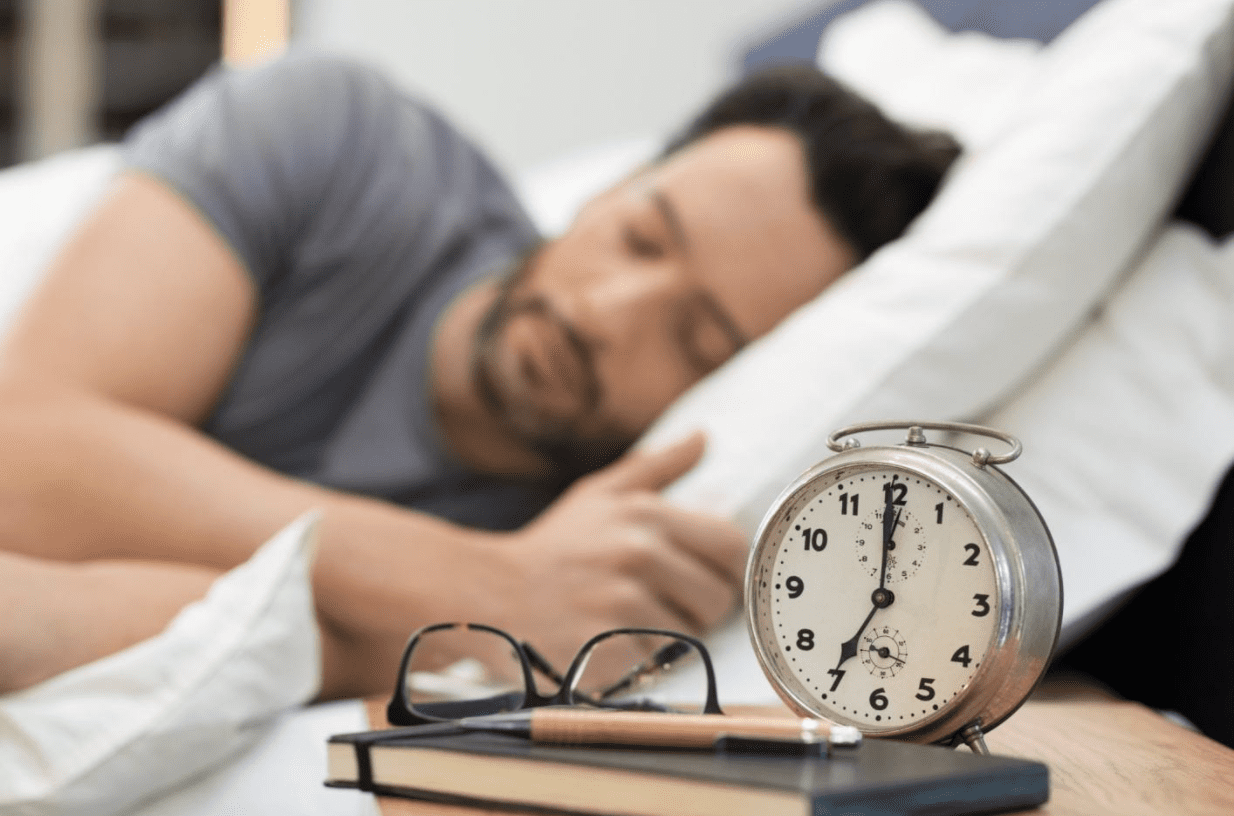Are you waking up every morning feeling tired even though you got the required 7 or 8 hours of sleep? Trying to get on top of your daily tasks while still enjoying your life can be difficult when you feel like a zombie.
Getting the right amount of sleep is important. However, so is consistency in time. And this varies according to your age.
So what is the best time to go to sleep? Let’s take a look at how to find the ideal sleep pattern and maximize those Zzzs.
Setting a Bed Time
It’s not always easy to stick to a set bedtime as an adult as there’s social events, childcare, work, and household duties that get in the way. However, try to find the ideal time to go to sleep based on your usual wake-up schedule, and do your best to stick to it.
The exact time is based on your wake-up time, but on average, between 10 pm and 11 pm is a good goal for adults to work towards.
Creating a Good Sleeping Environment
Maybe you deal with insomnia or find it difficult to calm your mind before bed. Some people live in countries with late sunsets in summer which can make going to sleep difficult when it is still light outside.
Going to bed in the dark is important as it helps you to fall asleep easier. Having blackout curtains to prevent light from filtering in can be very beneficial.
Make sure you’re comfortable by choosing the right bed and mattress, the optimum pillows for your needs. Try to create good temperature regulation methods, such as the correct comforters or HVAC systems in the bedroom.
If you struggle with sleep, try sleep gummy vitamins or chamomile tea before bed.
Consistency Is Key
Night owls may struggle to go to bed early as their peak mental and physical alertness is after dark. Trying to force yourself to go to sleep early can cause anxiety and goes against your body’s natural desire.
However, you can try to get out of bed at the same time every morning and go to bed at your sleepiest. By creating a routine of getting out of bed at the same time, and not hitting that snooze button, you can train your body clock.
Consistency is important. While you may not go to sleep at the exact time every night, try to keep it as close as possible when there are no other distractions or commitments.
We can control our wake-up schedule, though, and this is a good way to optimize your sleep in the long run.
REM Sleep
We sleep in approximately 90-minute cycles that change from deep sleep to lighter rapid eye movement (REM) sleep. REM sleep normally happens in the early hours of the morning.
A benefit of going to sleep earlier, around 10 pm to 11 pm, helps to ensure more of that deep and restful sleep. If you go to bed very late, you’re likely to experience more REM sleep which does not leave you feeling very rested.
Choosing the Best Time to Go to Sleep
There is no one best time to go to sleep that works for everyone. The best thing is to figure out your own schedule based on your wake-up time and daily activities. Try to aim for an earlier sleep to avoid constant REM cycles and stick to a consistent sleep schedule when possible.
If you’re on the lookout for more health and lifestyle advice, head over to our site to get it from the experts.







